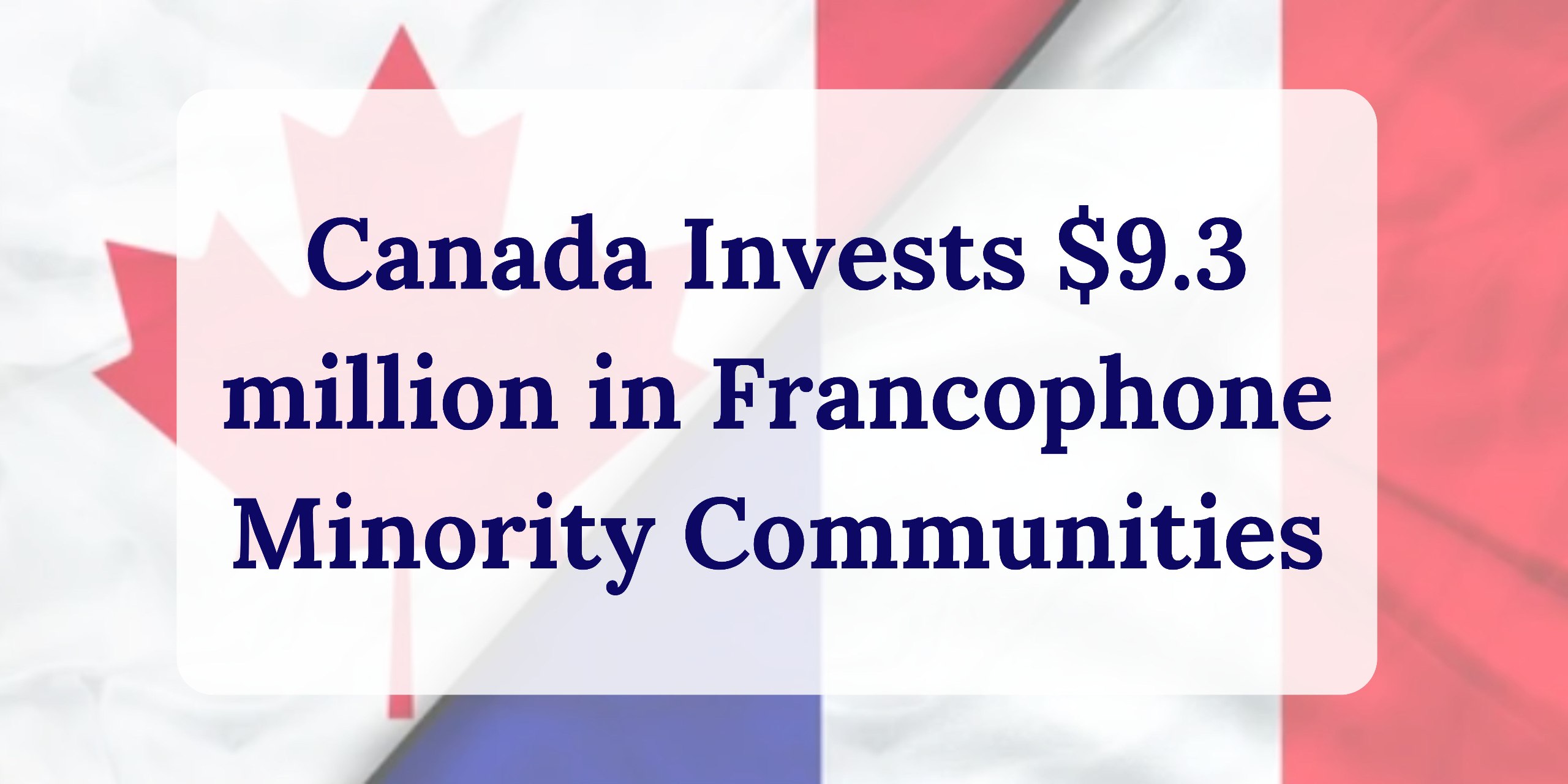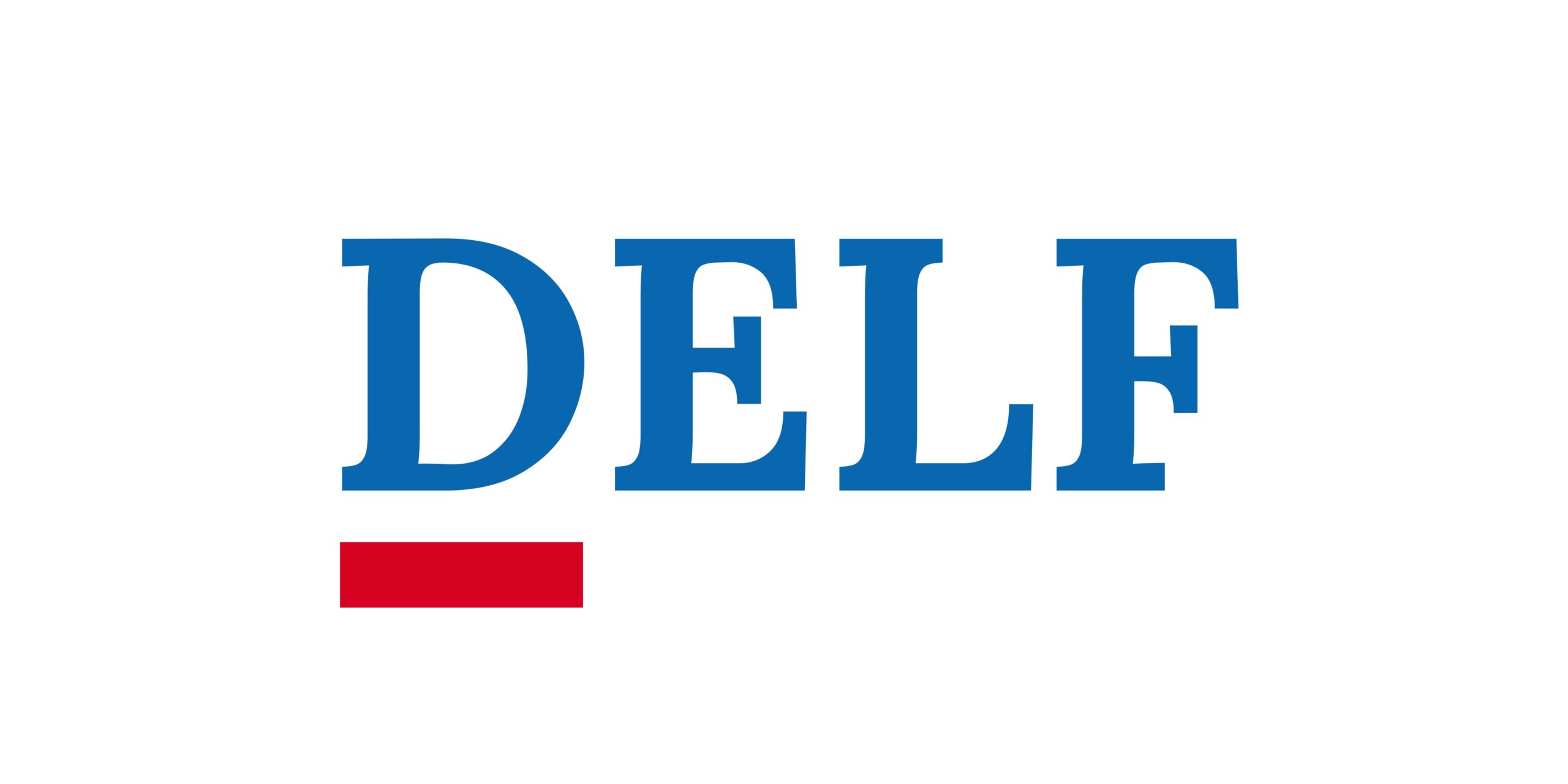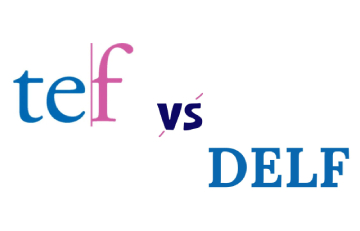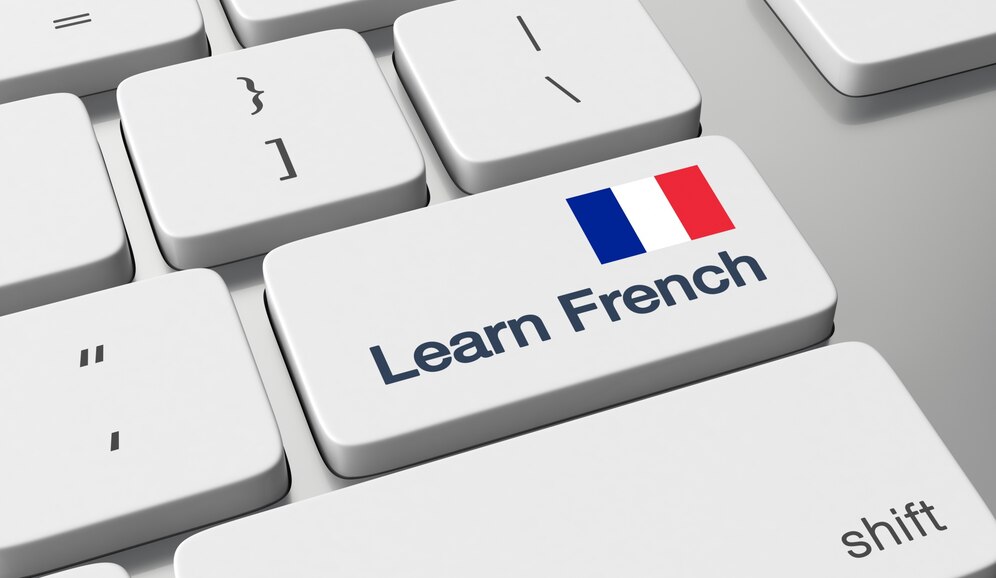
French is a rich and expressive language, full of unique phrases that add color to everyday conversation. Whether you’re learning French or simply enjoy discovering linguistic gems, here are some of the most popular French expressions and their meanings!
1. “Avoir le cafard” – To have the cockroach
Meaning: To feel down or depressed
Example: J’ai le cafard depuis qu’il pleut sans arrêt. (I feel down since it has been raining nonstop.)
While English speakers might “feel blue,” the French prefer to have cockroaches when they’re sad.
2. “Tomber dans les pommes” – To fall into the apples
Meaning: To faint
Example: Elle est tombée dans les pommes en apprenant la nouvelle. (She fainted upon hearing the news.)
3. “Avoir un poil dans la main” – To have a hair in the hand
Meaning: To be lazy
Example: Il ne fait jamais rien, il a un poil dans la main ! (He never does anything; he’s so lazy!)
This bizarre saying suggests that if you had hair growing in your palm, you’d be too lazy to even remove it.
4. “Avoir le coup de main” – To have the stroke of the hand
Meaning: To have a knack for something or be skilled at it.
Example: Il a le coup de main pour réparer les voitures. (He has a knack for fixing cars)
5. “Faire la grasse matinée” – To do the fat morning
Meaning: To sleep in
Example: Le dimanche, j’adore faire la grasse matinée. (On Sundays, I love sleeping in.)
No, the French aren’t gaining weight in the morning—this phrase simply means sleeping late!
6. “Être au bout du rouleau” – To be at the end of the roll
Meaning: To be exhausted or at the end of one’s rope
Example: Après cette semaine de travail, je suis au bout du rouleau ! (After this week of work, I’m completely exhausted!)
This phrase gives a perfect visual of someone running out of energy—like a finished roll of paper or thread.
7. “Avoir la gueule de bois” – To have a wooden face
Meaning: To have a hangover
Example: Après la fête d’hier soir, j’ai la gueule de bois. (After last night’s party, I have a hangover.)
A stiff, wooden face? Sounds like the perfect description of how one feels after a night of drinking!
8. “Poser un lapin” – To put down a rabbit
Meaning: No actual rabbits are involved—this phrase means ditching someone without notice.
Example: Il m’a posé un lapin hier soir ! (He stood me up last night!)
9. “C’est la fin des haricots” – It’s the end of the beans
Meaning: It’s the end of everything; all hope is lost
Example: Si on perd ce match, c’est la fin des haricots ! (If we lose this match, it’s all over!)
It’s unclear why beans are so crucial, but if they’re gone, things must be bad!
10. “Être haut comme trois pommes” – To be as tall as three apples
Meaning: To be very short (often used for kids)
Example: Son fils est encore haut comme trois pommes. (His son is still very small.)
This adorable phrase humorously measures height in apples instead of feet or meters.
11. “Ne pas être sorti de l’auberge” – Not to be out of the inn yet
Meaning: To still be in trouble or have a long way to go
Example: Avec tout ce travail, on n’est pas sorti de l’auberge ! (With all this work, we’re not out of the woods yet!)
In this case, being stuck in an inn means trouble is far from over.
12. “C’est la vie” – That’s life
Meaning: Used to express acceptance of something unpleasant.
Example: J’ai perdu mon portefeuille, mais c’est la vie. (I lost my wallet, but that’s life)
13. “Je ne sais quoi” – I don’t know what
Meaning: A certain indescribable charm or quality.
Example: Elle a un je-ne-sais-quoi qui la rend unique. (She has a certain something that makes her unique)
14. “Joie de vivre” – Joy of living
Meaning: Enthusiasm for life.
Example: Il profite de chaque instant avec une vraie joie de vivre. (He enjoys every moment with a true joy of living)
15. “Laissez-faire” – Let it be
Meaning: Used in economic or social contexts to mean non-interference.
Example: Le gouvernement adopte une politique de laissez-faire. (The government adopts a laissez-faire policy)
Not sure where to start? Check your current level of French with a free test from eTalk School! Take the test now to find out your strengths and areas for improvement.
16. “Rendez-vous” – Appointment/Meeting
Meaning: A scheduled meeting, often romantic or professional.
Example: J’ai un rendez-vous chez le médecin à 15 heures. (I have a doctor’s appointment at 3 PM)
17. “Déjà vu” – Already seen
Meaning: The feeling that you’ve experienced something before.
Example: Quand j’ai vu cette scène, j’ai eu un sentiment de déjà vu. (When I saw this scene, I had a feeling of déjà vu)
18. “Ça marche !” – That works!
Meaning: Used to confirm agreement or understanding.
Example: On se retrouve à 18h ? – Ça marche ! (We’re meeting at 6 PM? – That works!)
19. “Comme ci, comme ça” – So-so
Meaning: Used to express moderate feelings.
Example: Comment vas-tu ? – Comme ci, comme ça. (How are you? – So-so)
20. “Vouloir, c’est pouvoir” – To want is to be able to
Meaning: Equivalent to “Where there’s a will, there’s a way.”
Example: Si tu travailles dur, tu réussiras. Vouloir, c’est pouvoir !
(If you work hard, you will succeed. Where there’s a will, there’s a way!)
21. “Mettre son grain de sel” – To put in one’s grain of salt
Meaning: To give unsolicited advice, similar to “putting in one’s two cents.”
Example: Il aime toujours mettre son grain de sel dans mes affaires.
(He always likes to put his two cents into my business)
22. “Avoir un coup de foudre” – To have a lightning strike
Meaning: To fall in love at first sight.
Example: Quand il l’a vue, ce fut un coup de foudre.
(When he saw her, it was love at first sight)
23. “Coûter les yeux de la tête” – To cost the eyes from your head
Meaning: To be very expensive, similar to “cost an arm and a leg.”
Example: Cette voiture coûte les yeux de la tête ! (This car costs an arm and a leg!)
24. “Ce n’est pas la mer à boire” – It’s not the sea to drink
Meaning: “It’s not that hard” or “It’s not the end of the world.”
Example: Faire cet exercice, ce n’est pas la mer à boire. (Doing this exercise isn’t that hard)
25. “Appeler un chat un chat” – To call a cat a cat
Meaning: To be straightforward and call things as they are, similar to “calling a spade a spade.”
Example: Je vais appeler un chat un chat : ton projet n’est pas prêt.
(I’m going to be honest: your project is not ready)
French expressions bring humor, culture, and vivid imagery to everyday conversation. Learning them not only improves your language skills but also helps you better understand French humor and way of thinking. So, the next time you’re feeling down, just remember: it’s not so bad—at least you don’t literally have a cockroach!
Want to use French expressions confidently as your first language? eTalk offers personalized online French lessons with experienced teachers to help you improve your vocabulary, pronunciation and fluency.
Try a trial lesson today and start speaking French with ease!










